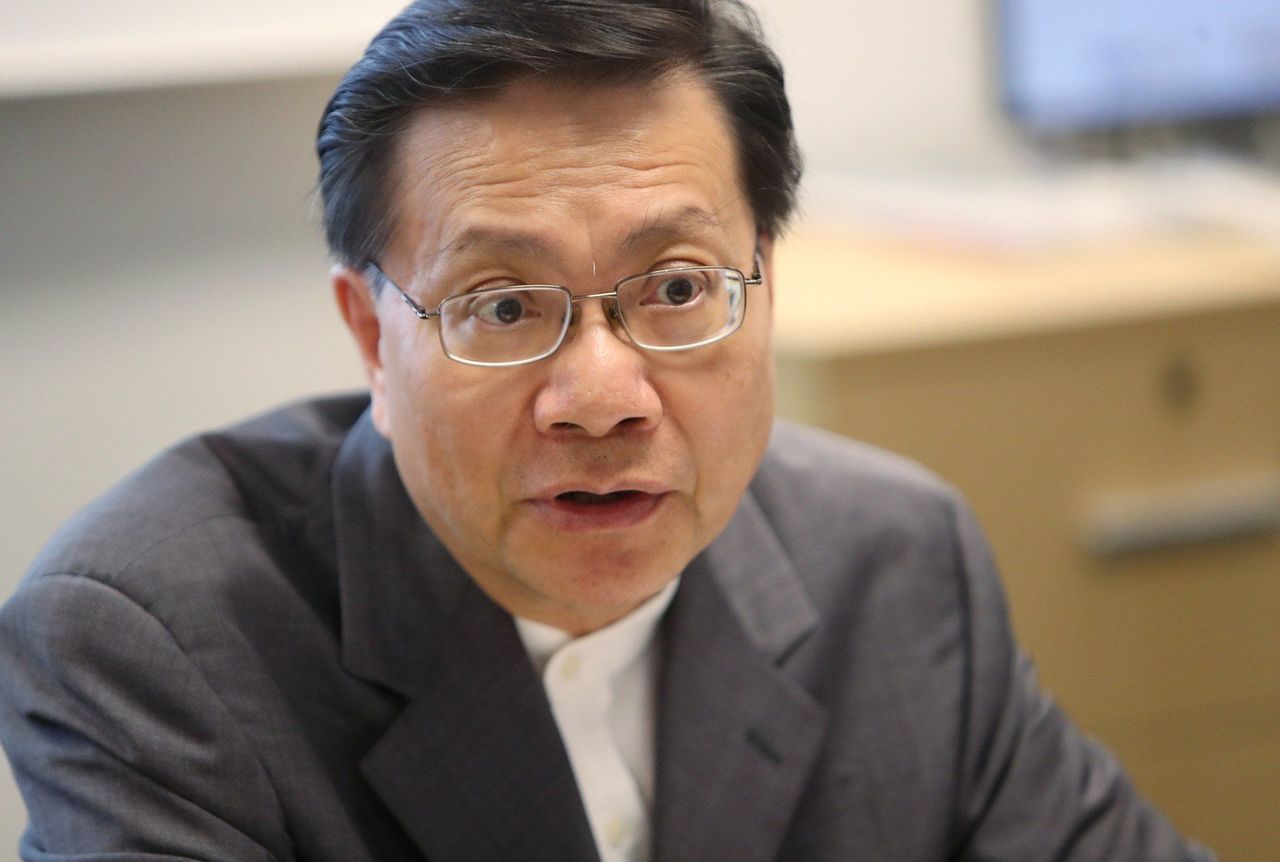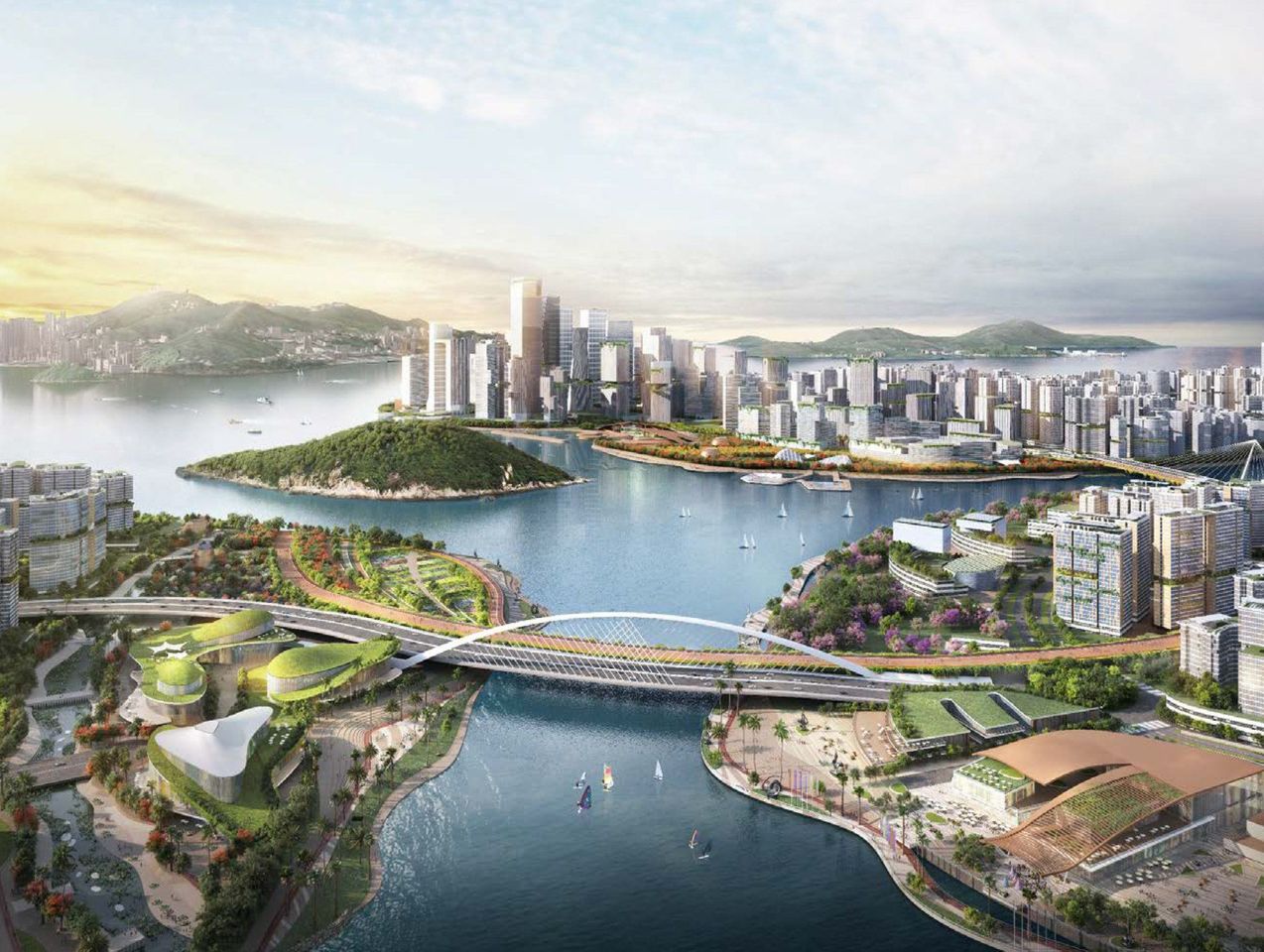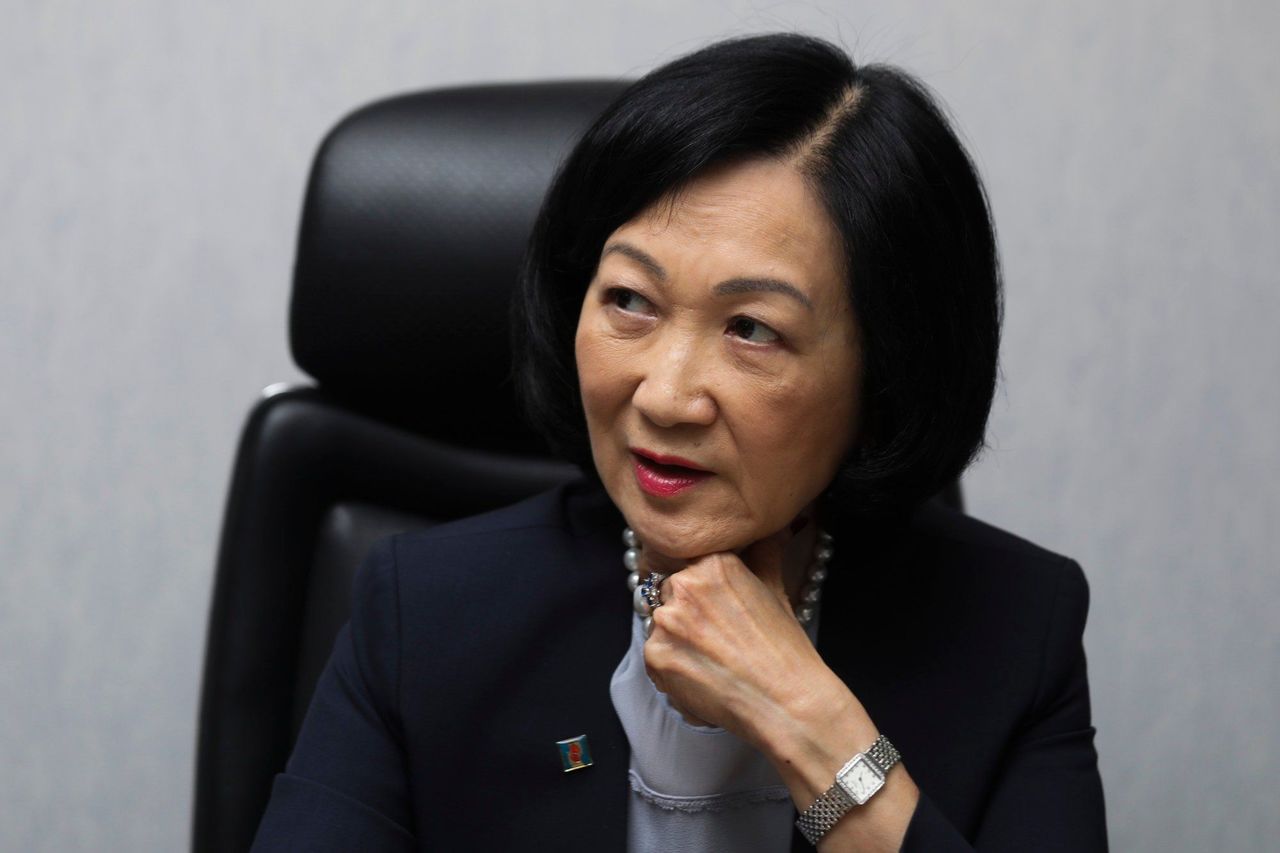Hong Kong News

‘Hong Kong risks financial crisis if funds spent poorly on 2 mega projects’
Hong Kong’s former housing minister has warned of a financial crisis if the city does not spend public money wisely, weighing in on the government’s planned roll-out of two mega projects amid a huge deficit and dwindling reserves.
Anthony Cheung Bing-leung on Tuesday added words of caution to the heated debate over whether a controversial plan to create three land masses off Lantau Island should take a back seat to development of the Northern Metropolis. Chief Executive John Lee Ka-chiu earlier insisted both projects should go ahead simultaneously to boost the city’s competitiveness.
Cheung, former secretary for transport and housing from 2012 until 2017, said he was urging the government to exercise fiscal prudence given the city’s substantial deficit, falling reserves and the prospect of a deep global recession.
 Anthony Cheung was Hong Kong’s secretary for transport and housing from 2012 until 2017.
Anthony Cheung was Hong Kong’s secretary for transport and housing from 2012 until 2017.
“I don’t have a conclusion about which is better and whether one should take priority over the other. Actually both are important strategic plans which should generate positive returns,” he told the Post.
“But I would like to alert the government to a looming financial crisis it could face if it fails to finance the two projects in a well-planned, thought-out and prudent manner. The two projects have imposed a heavy financial burden on government coffers.”
The debate over the two mega projects heated up after Regina Ip Lau Suk-yee, the top adviser on the city’s key decision-making Executive Council, last week said priority should be given to the Northern Metropolis plan. The project aims to turn large parts of the New Territories near the mainland border into a residential and tech hub with more than 900,000 flats and up to 650,000 jobs.
The three artificial islands under the Lantau Tomorrow Vision project would provide enough space to build 210,000 flats for half a million people along with a new business hub on an initial 1,000 hectares (2,471 acres) of reclaimed land over two decades.
While the Lantau project is expected to cost HK$580 billion (US$74 billion), no price tag has been given to the Northern Metropolis, with the government only announcing in the 2022-23 budget that funding of HK$100 billion would be set aside to support and expedite the plan.
Cheung, now an adviser of the department of Asian and policy studies at the Education University of Hong Kong, said the Lantau plan could further enhance the development of the eastern part of the island as a regional transport hub along with the Hong Kong International Airport.
 An artist’s impression of the Lantau Tomorrow Vision project.
An artist’s impression of the Lantau Tomorrow Vision project.
He pointed out that, in the past, the government’s formula for achieving strong financial returns by selling reclaimed land to developers had worked well during economic booms.
“But now the economic situation is completely different with Hong Kong facing many challenges. The government needs to be careful about its use of public coffers and can’t assume that the city can restore its pre-pandemic prosperity,” he warned.
The challenges, he said, included massive fiscal deficits, a dropping reserve and a global recession with a deteriorating external environment.
The government expected to record a deficit of HK$140 billion in the 2022-23 financial year. Financial Secretary Paul Chan Mo-po in February estimated the city would run a deficit of HK$54.4 billion and fiscal reserves would fall to HK$762.9 billion, or 12 months of government spending, next year.
“The matter is: where does the money come from? If the government intends to raise funds through issuing bonds, it should evaluate whether it can attract institutional investors,” Cheung said.
“It touches on the question of whether the investors have confidence in the city’s future and also the projects. The direction of these projects is right, but they require prudence in their financing and execution.”
He also called on the government to give the public the full picture of the finances involved in the two projects to gather more support from society.
 Regina Ip, convenor of Exco and chairwoman of the New People’s Party.
Regina Ip, convenor of Exco and chairwoman of the New People’s Party.
“The government should be transparent about its financial plans and estimates for these two projects to show to the public that the money spent would be justified and reasonable,” he said.
Economist Simon Lee Siu-po, an honorary fellow at the Asia-Pacific Institute of Business at Chinese University, agreed with Ip that the Northern Metropolis should take priority over the artificial islands as the Lantau project faced doubts over finances.
“The construction and financing of three artificial islands are very complex while it will be relatively easier to develop the northern part of the New Territories,” he said. “The government should conduct detailed feasibility studies over whether it is financially capable of securing funds for the two projects.”
Last week Andy Kwan Cheuk-chiu, director of the ACE Centre for Business and Economic Research, also backed Ip’s proposal, estimating that the Lantau project would push Hong Kong’s fiscal reserves into deficit in as little as five years and the shortfall could reach more than HK$7 trillion by 2041 in the worst case.











